Keeping a food journal is an important way to keep track of what’s entering your mouth throughout the day. It’s easy to get into mindless eating habits like reaching for a certain comfort food, picking at your food after you are full, or taking seconds when you could easily do without them.
Eating is part habit and part emotion. Understanding these things will help you to be more conscious of the way you eat. It has been said that the simple act of recording your food intake could easily double your weight loss over time.
Know your intent before you start. It may be that you want to be sure you’re getting an adequate amount of fruits and vegetables, or perhaps you want to identify unhealthy eating patterns. Maybe your intent is as simple as trying to get into the habit of taking accountability for the foods you eat. Either way, once you know your intent you will be able to understand the importance of journaling.
How do you start your journal? Begin by recording everything that you eat or drink immediately after consuming it. Use a notebook, pen and paper, an app, whatever works for you. Some helpful apps are The Eatery, Lose It! My Fitness Pal, My Food Diary, My Net Diary and MyPlate by Live Strong. If you’re a diabetic or have some other health condition, these apps will help you to record fat and carbohydrate content as well as keeping track of blood sugar levels.
Another great thing about these apps is that many of them will allow you to plan your meals and calories days in advance, and studies have proven that one of the best ways to combat mindless eating is to have your meals planned in advance. Many times, these simple apps will also give nutrient factors, for example you will know if you are getting enough protein or if you are eating too much sodium.
Note the times that you’re tempted to eat because you’re stressed out or bored and the emotions that you’re feeling as you are eating or are tempted to indulge in comfort food. Over time, you’ll see what your triggers and patterns of overeating are. Remember, this is for your own self improvement. You don’t have to show it to anyone, and you shouldn’t be ashamed of any areas you are struggling in.
Getting into the habit of food journaling will immediately increase your awareness of how much food you eat each day and how those foods are making you feel. This will probably make you think twice the next time you’re tempted to mindlessly reach for that sweet treat to cover up a bad day at work because you are going to have to be accountable to yourself as soon as you eat it.
As mentioned, knowing what you are going to eat before you eat it is a very important part of your overall success. When we get stressed or hungry we tend to reach for things without thinking, however, when we know what we are going to eat at every meal it makes it that much harder for us to become victims of random eating.
It may be awkward at first, but you will get used to food journaling. You want to work towards using your food diary every day. Some people prefer to write it down as they go through the day while others may want to set aside time at the end of the day, and still others will want to log all of their foods before they eat them so that they aren’t faced with any surprises. All ways are good, but make sure that you are logging accurately. IF you change your eating plan or you eat something unexpected you want to update your journal as soon as possible.
Remember this is about progress and not perfection. Everyone is going to make mistakes. The important thing is that you learn from those mistakes and you turn them into learning experiences that will help you to get closer to your overall health and fitness goals.


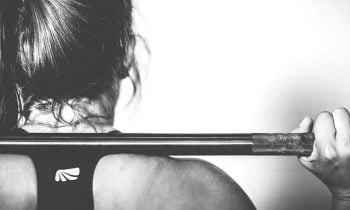 Cross Training
Cross Training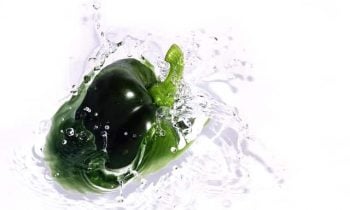 Starting Paleo Diet
Starting Paleo Diet Tweak Paleo To Lose Weight
Tweak Paleo To Lose Weight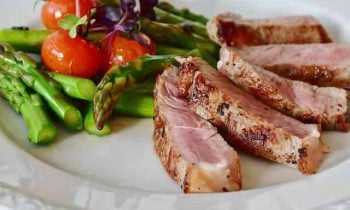 Paleo Meals
Paleo Meals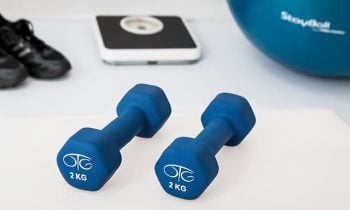 Paleo Workout
Paleo Workout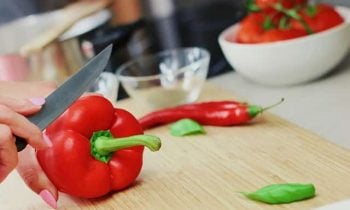 Batch Cooking
Batch Cooking Drinking Water
Drinking Water